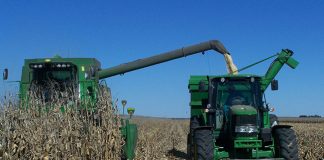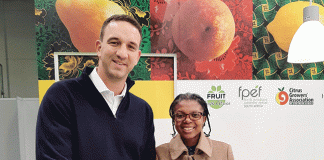
Photo: Lindi Botha
This was according to Johnny van der Merwe, managing director of agricultural markets analysis company AMT, who said that sheep prices were likely to remain low this year on the back of lower demand.
READ Consumers switch to chicken as lamb and beef prices rise
“The feeder lamb price was 4% lower in January year-on-year and, along with the slaughter lamb price, is set to remain low until April. After that, the usual increase for that time of year is expected, with the prices peaking in July,” he said.
Van der Merwe said that although the improvement in production conditions was good news for farmers, it meant the supply of animals on the market would rise, leading to lower selling prices.
Research and analysis conducted by Prof Johann Kirsten, director of the Bureau for Economic Research at Stellenbosch University, showed that sheep production in the Northern Cape had declined by 25% over the past two years due to the ongoing drought.
“The total number of sheep slaughtered per annum [normally] varies between four million and five million head. [But this figure] dropped by one million over the past three years due to the devastating drought in the Karoo region and the impact of the COVID-19 pandemic,” he said.
READ Breeding fuss-free Mutton Merino sheep
“The three provinces that make up the Karoo region, namely the Eastern, Western and Northern Cape, jointly account for 64% of all sheep slaughtered in South Africa.
“Taking data from the 14 major abattoirs in the Karoo, we can identify the impact [of the drought] through the decline of the monthly slaughter numbers in the region.
“Essentially, the abattoirs in the Karoo region have faced financial difficulties, especially over the past three years, due to the decline in slaughter numbers.”
Farmers on the Highveld were faring better in terms of production conditions, but low prices and a high prevalence of stock theft were placing them under strain.
Jan Grey, a sheep farmer near Bethal, Mpumalanga, said grazing conditions had been exceptional over the past year, but prices did not make up for theft.
“Consumers are at the end of their tether because of the price hikes. Even at the lower prices, lamb is still a luxury [item], and between school supplies, fuel and electricity, it isn’t at the top of the grocery list,” he said.












